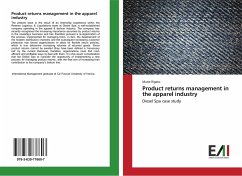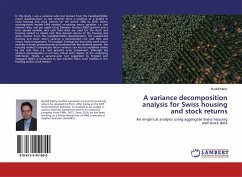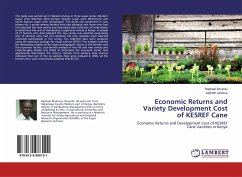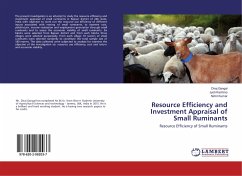The present book is the result of an internship experience within the Reverse Logistics & Liquidations team at Diesel Spa, a well-established company operating in the apparel & fashion industry. The company has recently recognised the increasing importance assumed by product returns in the nowadays business and has therefore pursued a re-organization of the process implemented for managing them. In fact, the development of the modern distribution channels and the subsequent increasing customer protection has forced organizations to allow for flexible return policies, which in turn determine increasing volumes of returned goods. Since product returns cannot be avoided (they have been defined a "necessary evil" by the current literature), therefore, organizations must find cost-efficient and profitable ways to deal with them. It is this exact consideration that led Diesel Spa to consider the opportunity of implementing a new process for managing product returns, with the final aim of increasing their contribution to the company's bottom line.
Bitte wählen Sie Ihr Anliegen aus.
Rechnungen
Retourenschein anfordern
Bestellstatus
Storno








